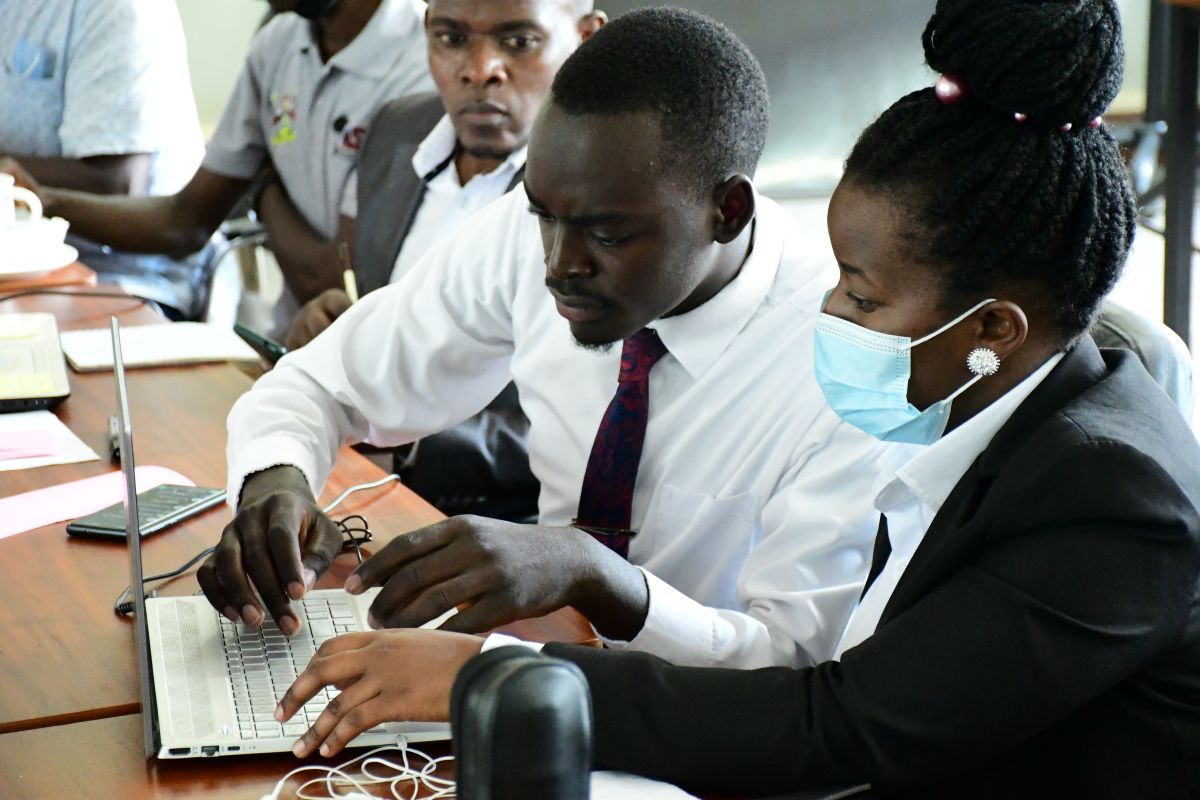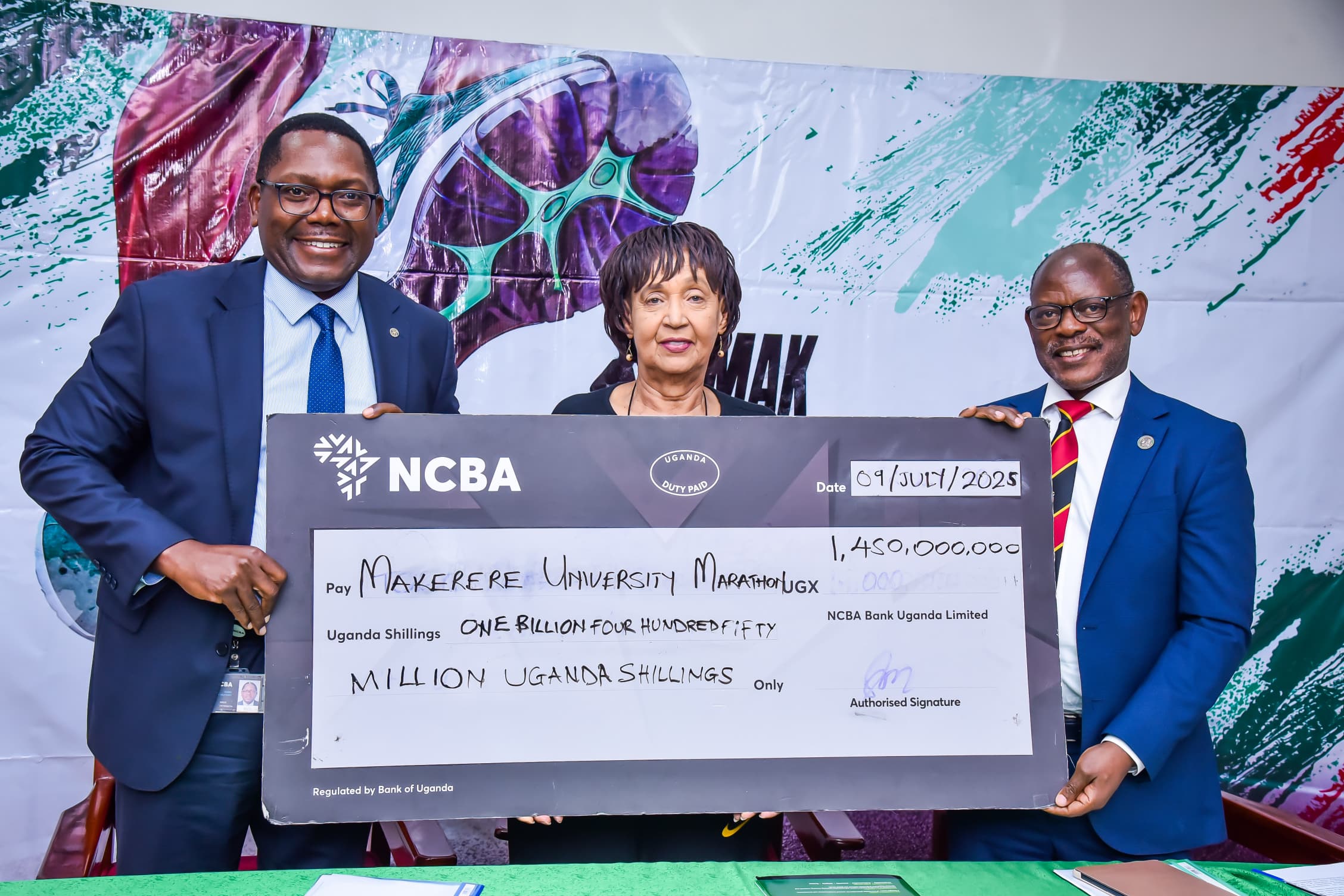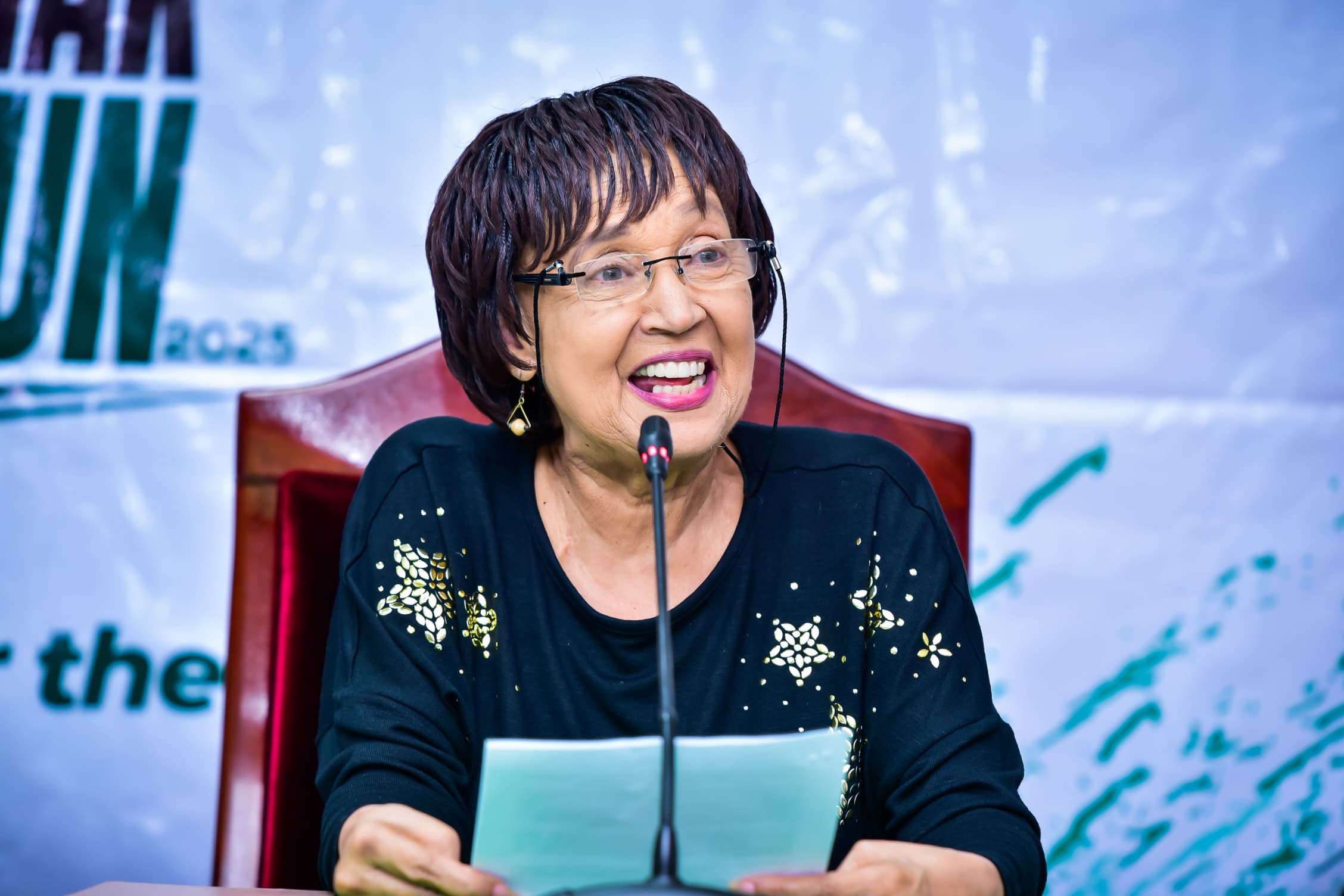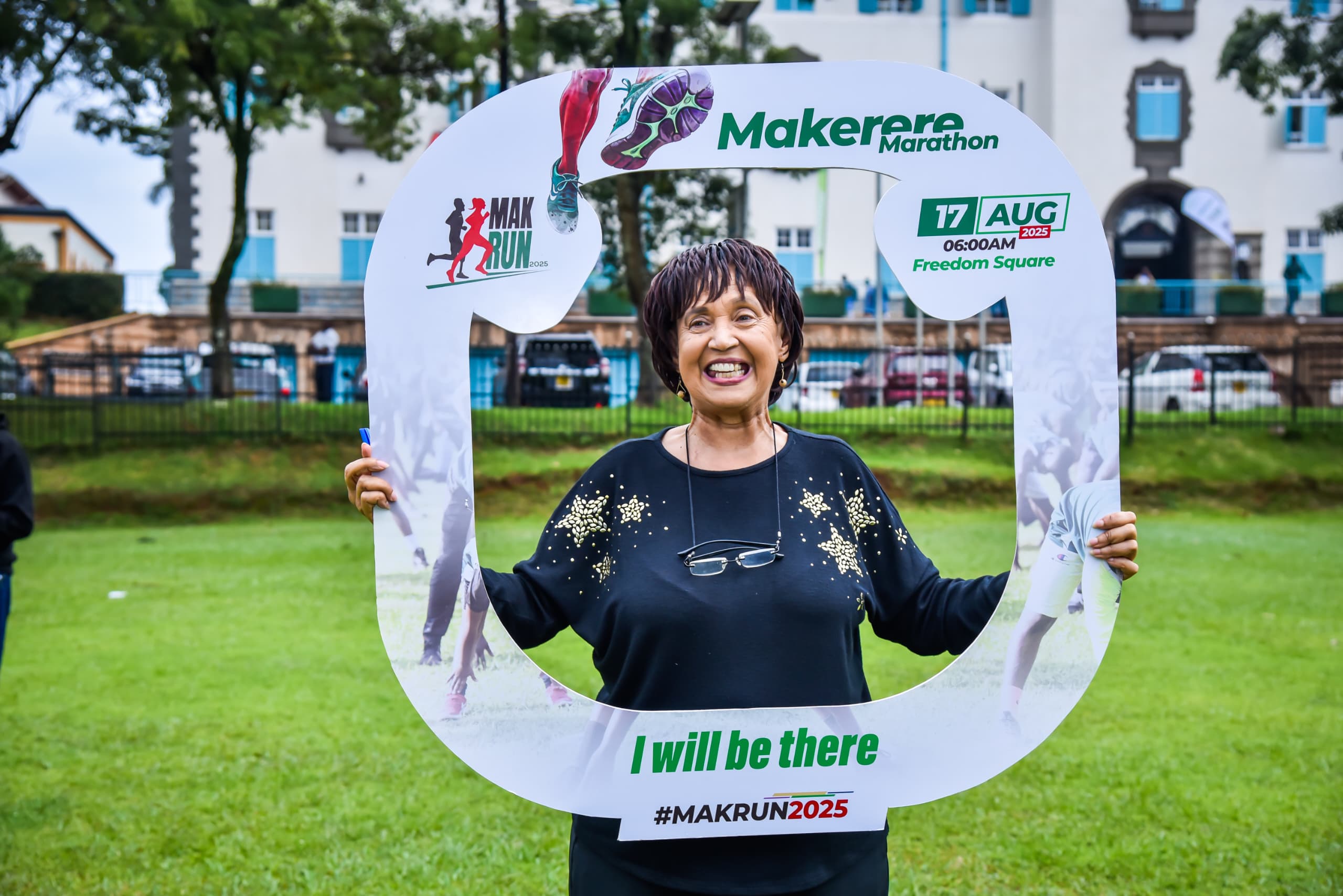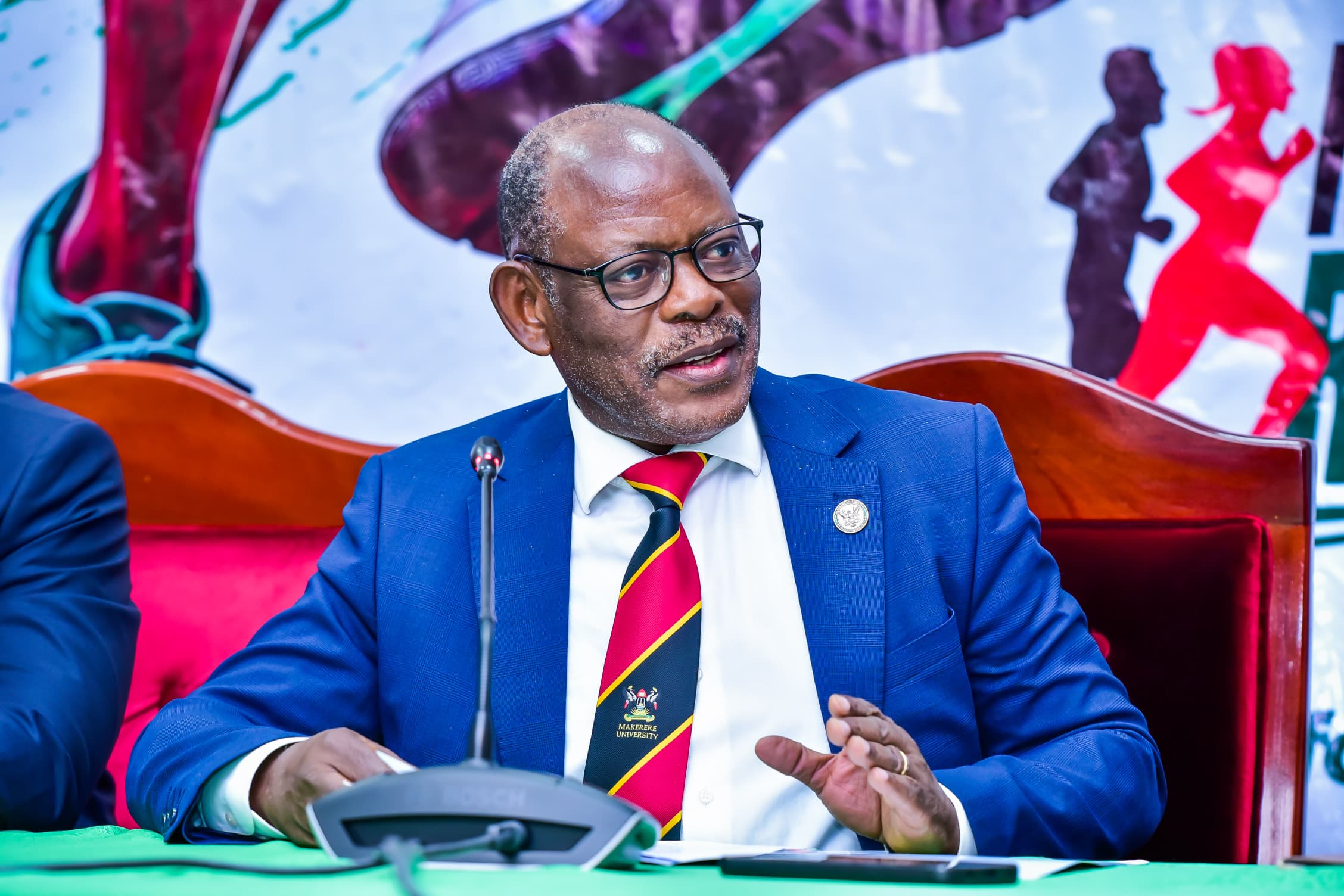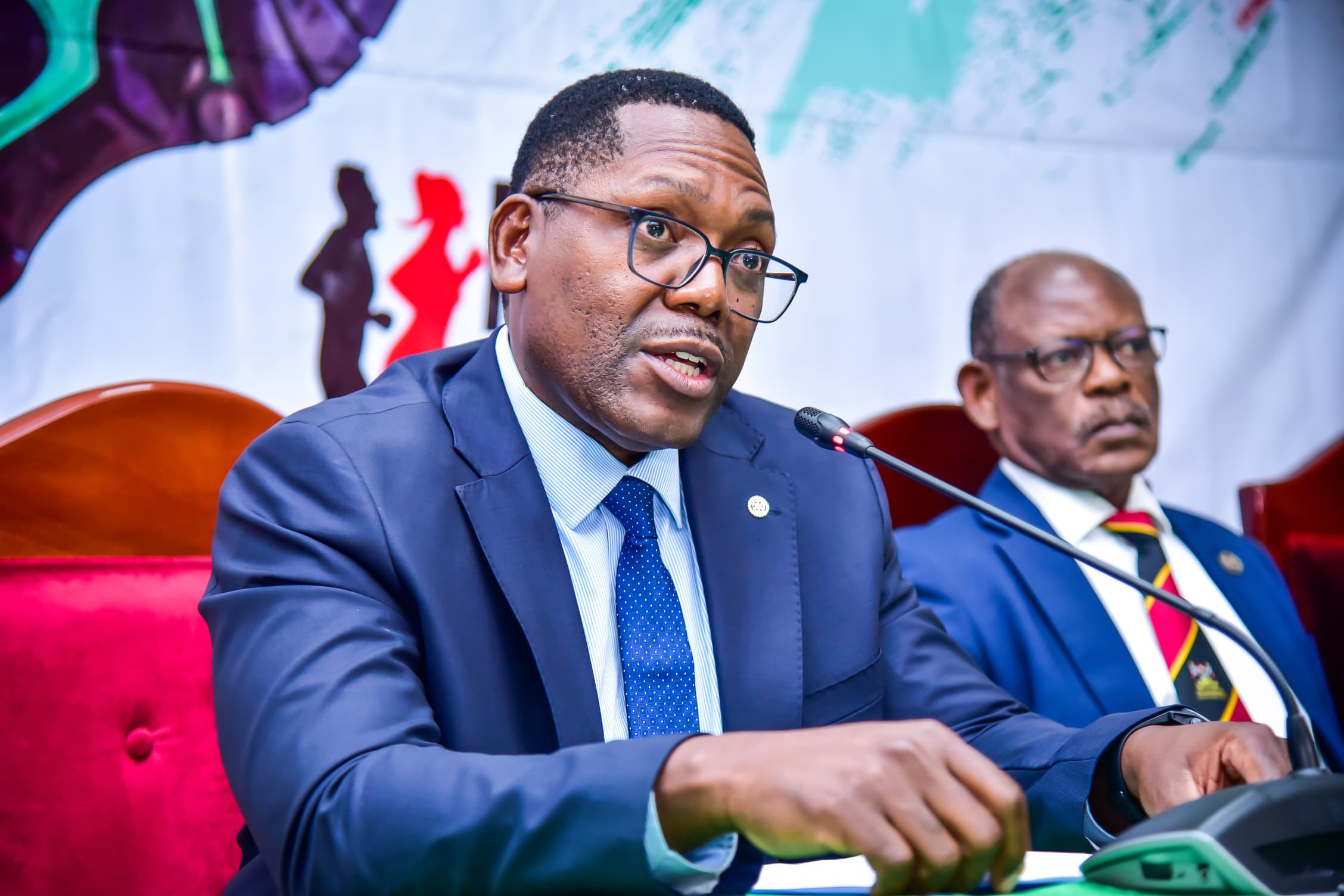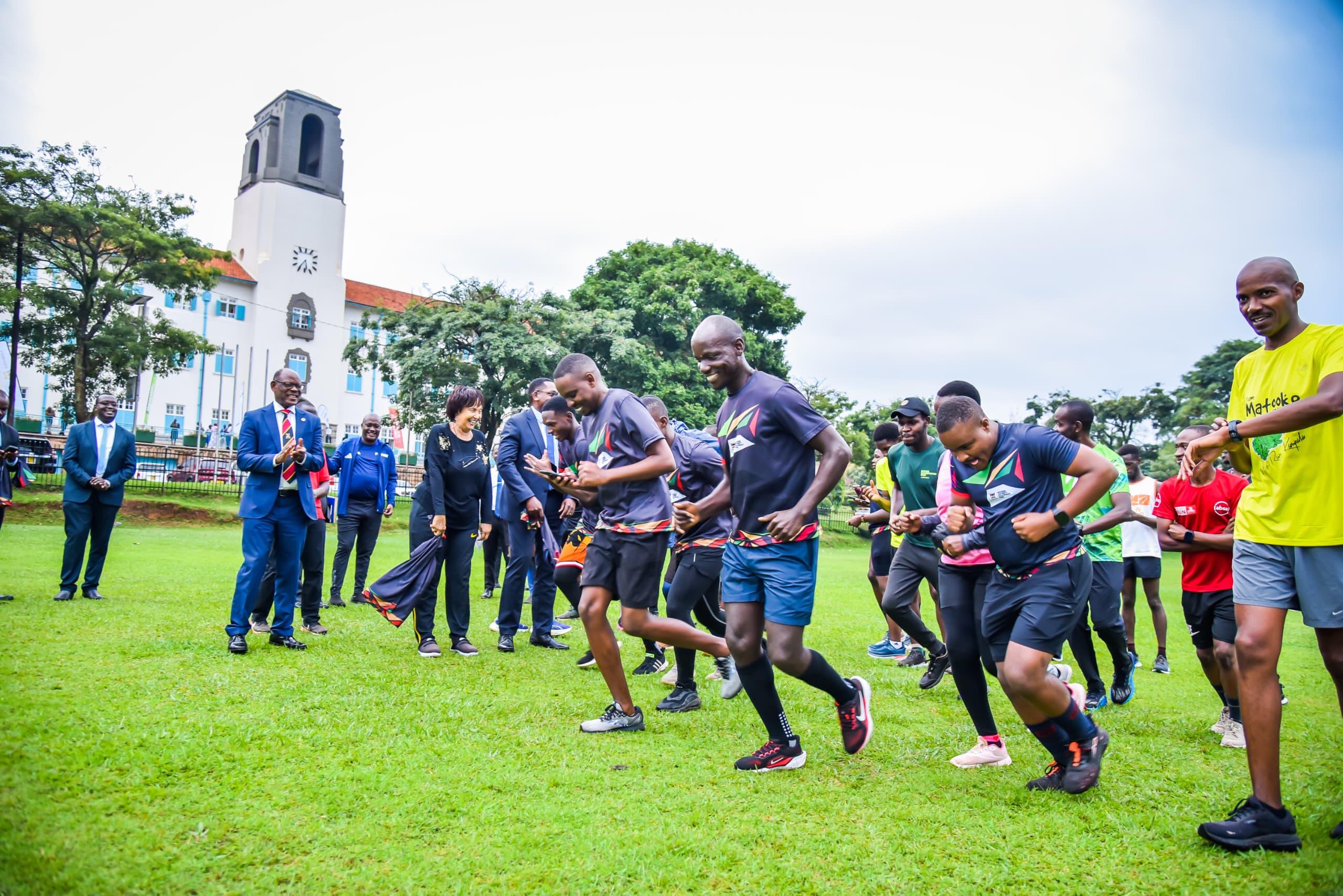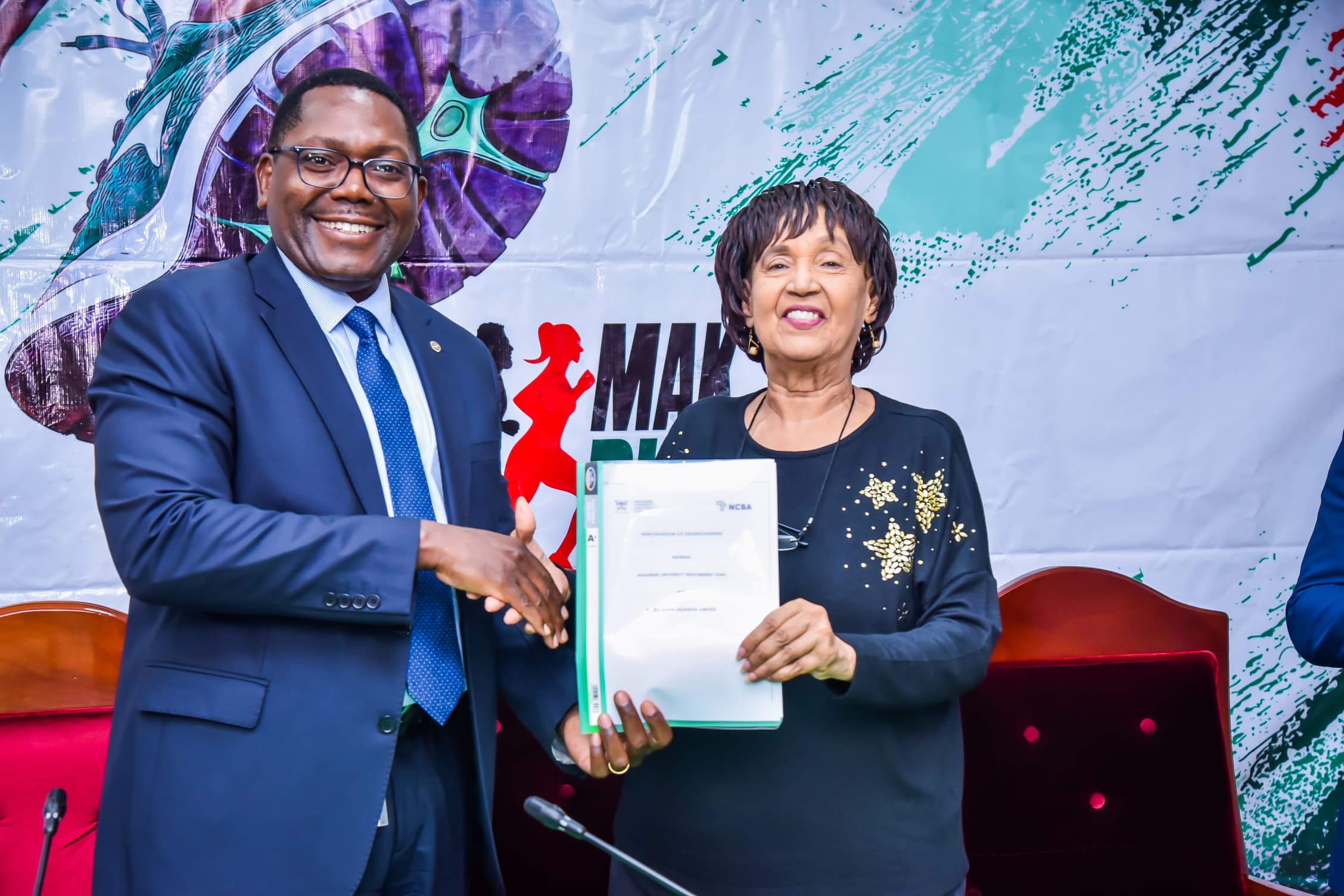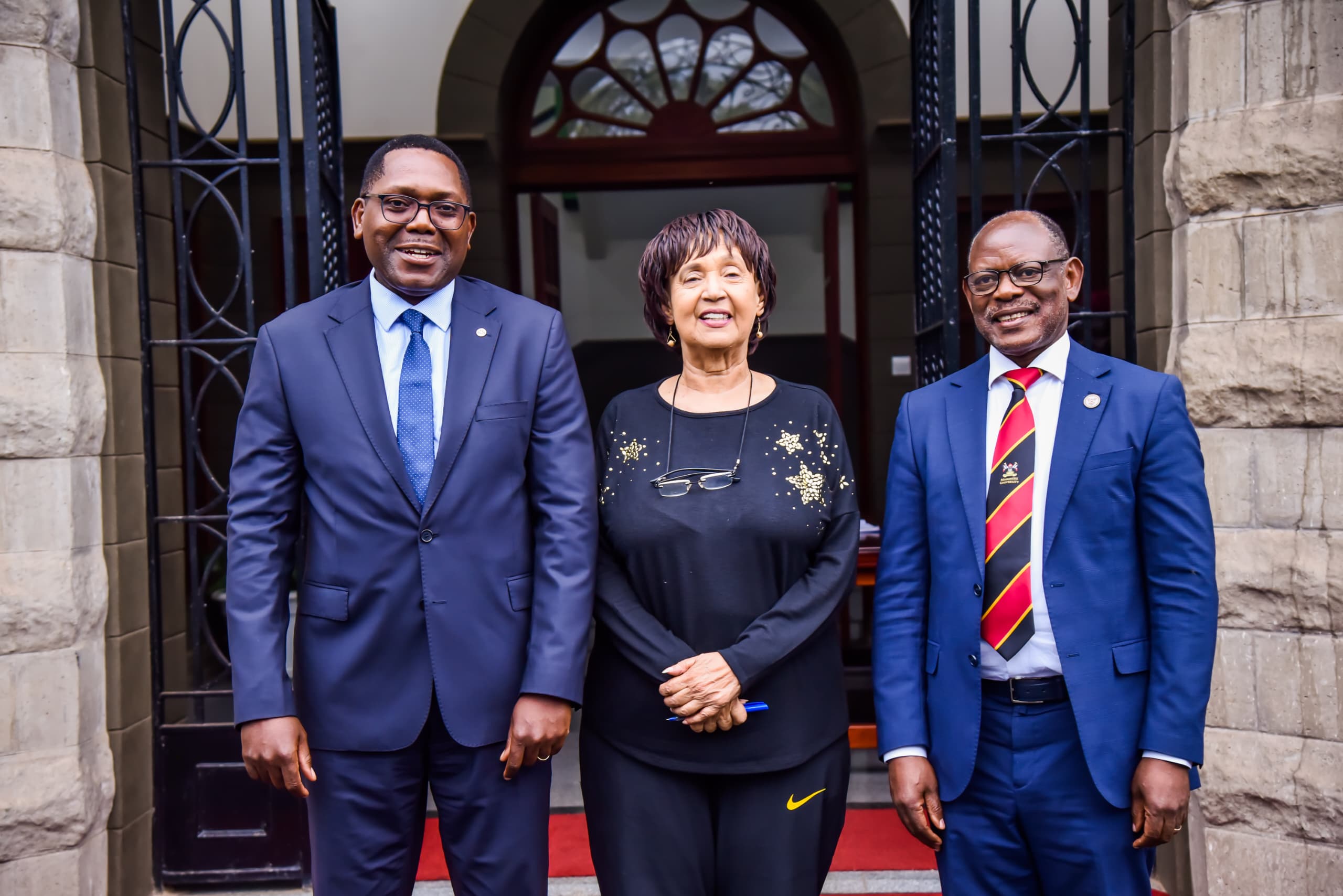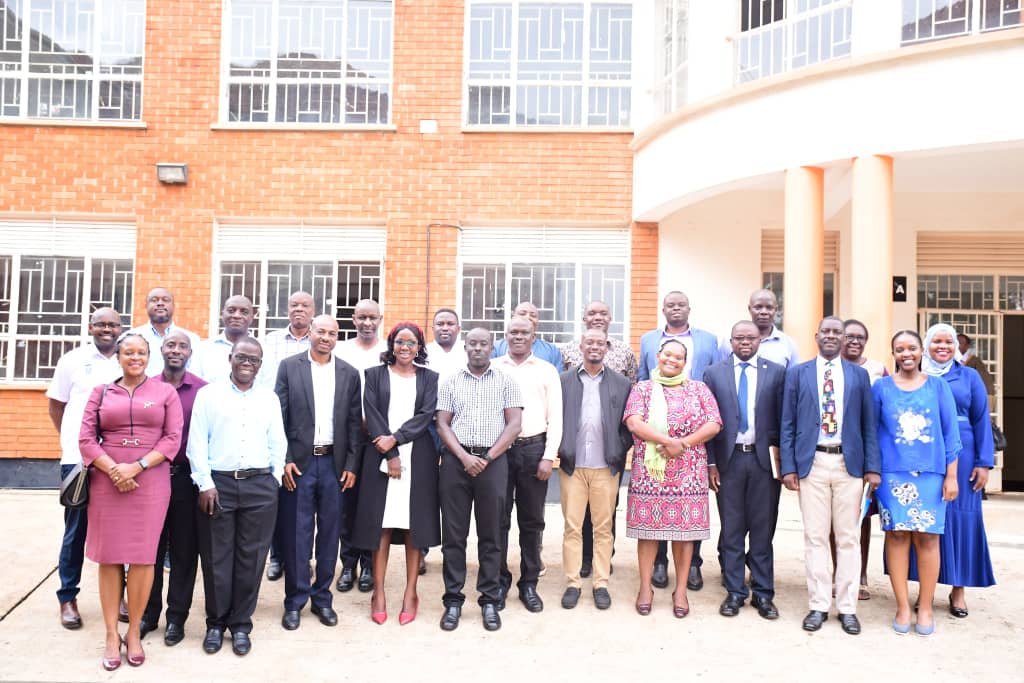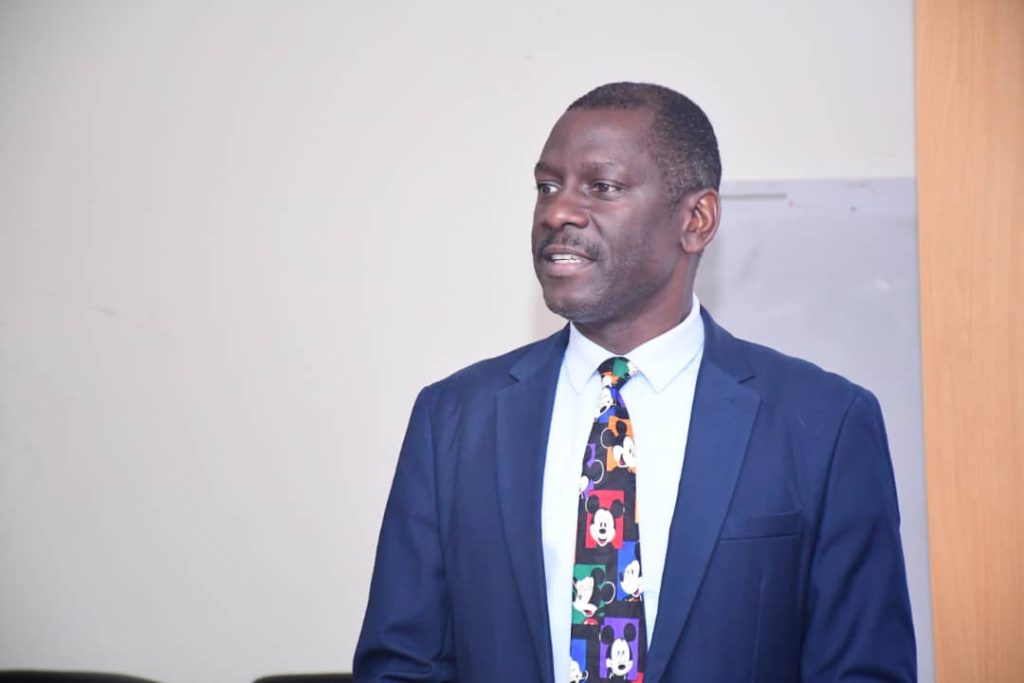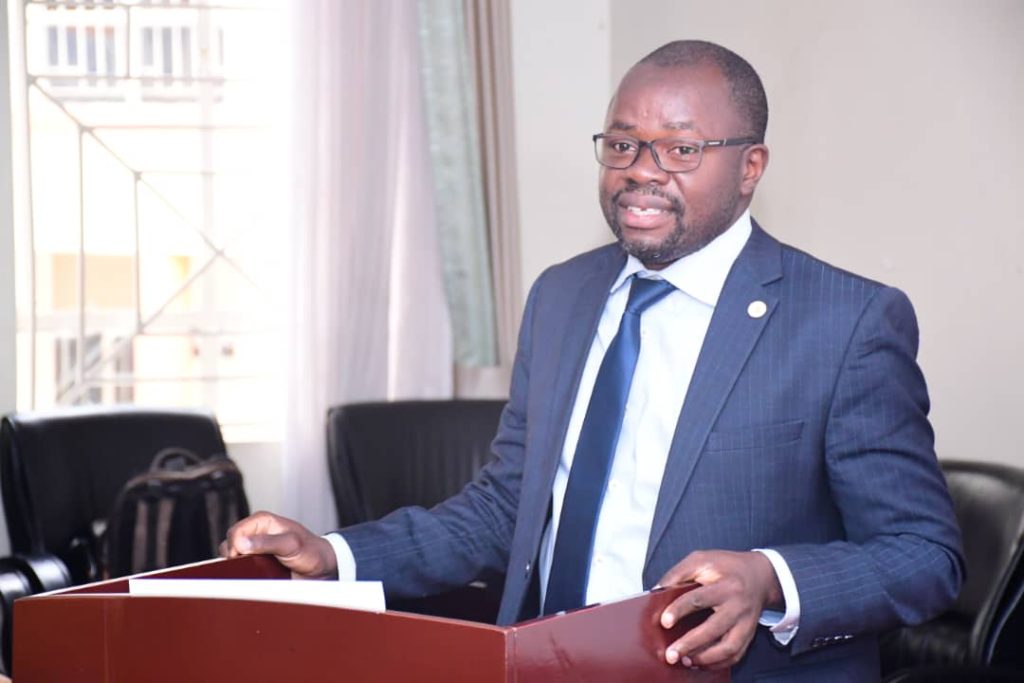The Strengthening Information Society Research Capacity Alliance or SIRCA II aims to improve the inter-disciplinary research skills of emerging scholars in the Global South.
The Strengthening Information Society Research Capacity Alliance or SIRCA II aims to improve the inter-disciplinary research skills of emerging scholars in the Global South.
Learning from the experience of building capacity in the ICTD field in Asia, SIRCA II will include researchers from Africa, Latin America as well as Asia, in order to address the very lack of scholars from developing regions.
The objectives of the program are to:
i. Build scientific and critical research skills and capacity among emerging researchers (PIs) in Africa, Latin America and Asia;
a. Create opportunities for mentorship between established international researchers (Collaborators) and grant recipients (PIs);
b. Provide spaces at a regional and international level for grant recipients to share experiences and knowledge in face-to-face settings; and
c. Provide training on interdisciplinary research, methodologies, ethical issues, gender perspectives, media dissemination, policy impact, etc.
ii. Establish network connections between African, Latin American and Asian
researchers; and
iii. Disseminate findings locally and internationally in order to
strengthen the body of methodologically sound, inter-disciplinary and
theoretically-based research.
The program will be managed by the Singapore Internet Research Centre, based at the Wee Kim Wee School of Communication and Information, Nanyang Technological University, Singapore, the University of KwaZulu-Natal, Durban, South Africa, and the Instituto de Estudios Peruanos (Institute of Peruvian Studies IEP), Peru. The SIRCA II Programme will be supported by the International Development Research Centre (IDRC) of Canada.
Call for Collaborators
The SIRCA II Collaborator Scheme will consist of senior scholars who will bring together a breadth of knowledge and experience across a wide spectrum of information societies research. Each Collaborator-Principal Investigator (PI) team will be decided upon based on the alignment of research interests, and Collaborators will be expected to commit to the relationship for the duration of the assigned project/s.
Roles of the Reviewer
The general roles of SIRCA II Collaborators will be to:
a. collaborate on a minimum of one and up to two regional projects;
b. make two site-visits (minimum one) to each project involved in within the research period;
c. attend SIRCA II final research dissemination conference, and if ossible, training workshop;
d. ensure the project impact as well its contribution to knowledge; and,
e. ensure the general progress for the projects under their theme/s including guiding the preparation of periodic reports for programs such as id-term assessments and end-of-project review, and the final research
paper.
More specifically, SIRCA II Collaborators are expected to fulfil the following objectives:
a. provide professional guidance to the principal investigator (PI);
b. provide a leadership role model for the PI; demonstrating how the PI might develop greater initiative, increased independence, and self-reliance;
c. share relevant research knowledge and experience with the PI from a variety of sources including research databases accessible through, among other sources, IDRC¹s library.
d. identify and resolve potential obstacles to the PI;
e. guide the PI in conducting research ethically and responsibly;
f. assist the PI to develop professional networks;
g. enhance the PI¹s research and publication efforts; and,
h. develop research paper(s) for dissemination at international conferences and peer-reviewed publications.
Eligibility
You may apply for the position of a collaborator, if you are a senior, established scholar or practitioner in the Information Society and/or ICT field; ideally, you should hold a PhD and your work should be an indication
of your experiences in this field.
NB: The Collaborator is expected to be involved actively in the PI¹s research project.
Benefits of Being a SIRCA II Collaborator
SIRCA II Collaborators are expected to benefit from this relationship, in terms of:
a. Personal satisfaction‹Collaborators may develop a sense of pride at helping a junior researcher succeed;
b. Sharpened leadership and interpersonal skills‹Collaborators may sharpen their own skills as they challenge and coach their PIs;
c. Source of professional recognition‹Collaborators may be co-authors of the resulting project publications;
d. Expanded social network within the discipline‹Collaborators may develop professional contacts by interacting with other Collaborators and with the broader SIRCA II network;
e. Information gathering‹Collaborators may be exposed to fresh ideas from their PIs. Some senior scholars can be isolated or set in their ways, and PIs can offer new insights into research.
For more information on the SIRCA II Reviewer Terms of Reference, visit www.sirca.org.sg/collaborators <http://www.sirca.org.sg/collaborators> .
To apply please complete the application form and send the form together with the supporting documents to sirca2@ntu.edu.sg.
Key Dates
Deadline for applications: November 3, 2011
For any further enquiries, please contact
Peter McGrath
Programme Officer
TWAS
ICTP campus
Strada Costiera 11
Trieste 34151
Italy
Tel: +39 040 2240 571
Fax: +39 040 224559
Email: mcgrath@twas.org <mailto:mcgrath@twas.org>
Web: www.twas.org <http://www.twas.org>
News: twitter.com/twasnews
Disclaimer: http://twas.ictp.it/disclaimer <http://twas.ictp.it/disclaimer>

 Education7 days ago
Education7 days ago
 General1 week ago
General1 week ago
 General2 weeks ago
General2 weeks ago
 General3 days ago
General3 days ago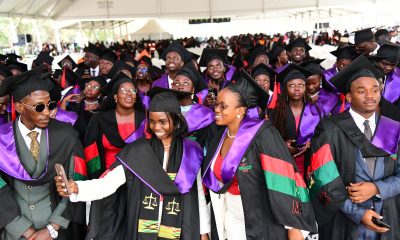
 General1 week ago
General1 week ago
